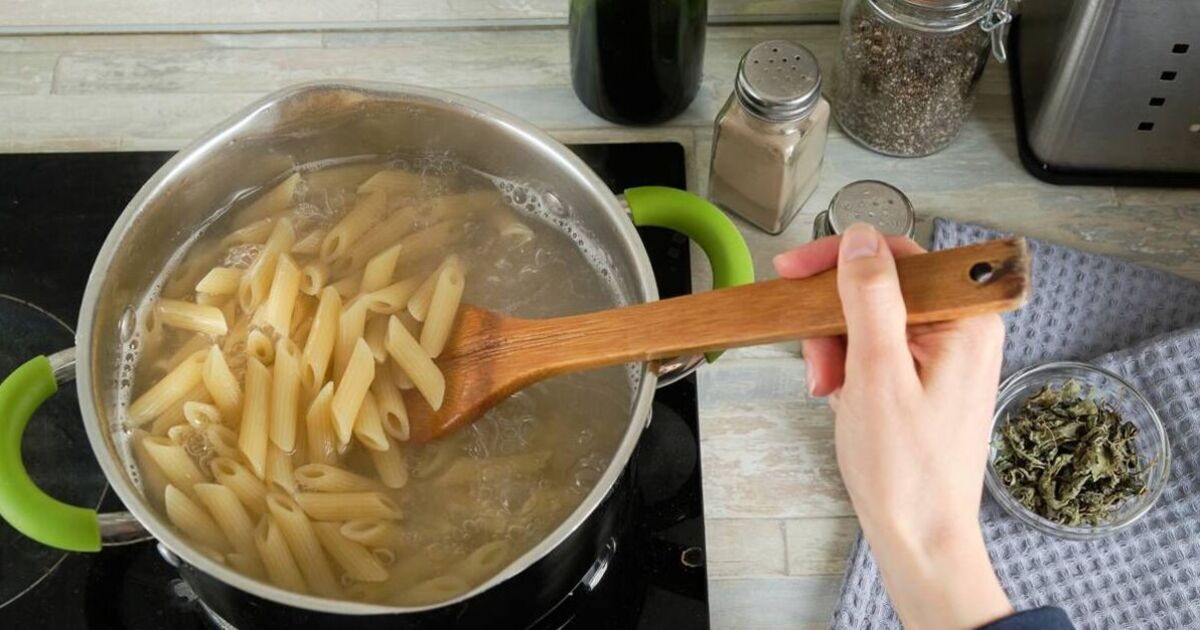While the internet is teeming with hacks for perfect pasta cooking, from secret sauce ingredients to correct salt quantities, culinary experts have debunked a common trick used for ‘unsticking’ cooked pasta.
Chefs and home cooks alike all have their individual techniques to prevent pasta from clumping. For instance, while TV chef Gordon Ramsay endorses adding oil to cooked pasta, others label this step as redundant.
However, there’s one specific practice that culinary experts are united in critiquing: rinsing your cooked pasta with cold water. They warn it can make your spaghetti even more slippery and stickier.
The act of rinsing pasta has been equated by Food Republic to essentially “washing liquid gold down the drain”. They explained: “When you toss noodles into a colander and run water all over them after cooking, you might think you’re helping them become less sticky.”
“But you also rinse away important starch from the surfaces.”, reports the Mirror.
This can leave pasta repelling its own sauce which could lead to an weaker flavour profile.
Their suggested remedy is setting aside some of the pasta water and blending it along with your sauce.
However, there do appear to be some exceptions to the no-rinsing rule. Bon Appetit pros recommend a rinse “if you’re making a dish that will be served chilled or at room temperature”, such as rice noodles or pasta salad.
The pasta unsticking trick isn’t the only thing we’ve been doing wrong in the kitchen. A chef recently revealed another frequent blunder, highlighting that what many of us call ‘al dente’ is actually just undercooked.
In culinary terms, ‘al dente’ is an Italian phrase meaning ‘to the tooth’. Essentially, it refers to pasta or rice that’s cooked to be firm when bitten.
The pasta shouldn’t be hard, but there should be a slight resistance when you bite into it.











